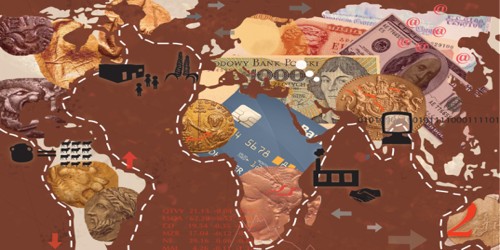Business in Antiquity
The business environment in antiquity has a long history. The environment of business in antiquity is discussed below.
Business emerges: No one can say at what point in history business activity first occurred. The old teat amount describes a complex society based upon private property division of labor and exchange. Rules and codes of conduct were formulated to govern relations between merchants and trader’s and also relations between merchants and governments.
Ancient Mediterranean trading cities: prior to the Punic wars (246 to 146 BC) most business activities occurred around the Mediterranean Sea. In these great trading cities business was accorded a high place in the scheme of things. Agriculture provided the necessary items for life but business provided luxuries items which raised the standard of living. There are three importance reason ways business enjoyed a leading role in the social system of the items –
- No artificial class structure, whether a man was rich or poor dependent largely upon his own initiative.
- No ruling class existed anyone could hold public office.
- Pre-Christian religious and business philosophies were surprisingly compatible.
Greek business environment: Plato and Aristotle provided ideas of Greek business environment. The Greek society ruling class and landowners occupied the elite positions in the social structure. Business activities were considered degrading and anyone engaged in commerce was considered to be an inferior citizen. Merchants were not allowed to own property in the Greek city-states.
Roman business environment: The Roman scene was not greatly different from the Greek scene. Roman ruling classes shared Greek disdain for businessmen. In spite of its agricultural foundation, Roman society dedicated as it was to militarism, found it difficult to provide the necessities of life for tit popular, let’s alone any luxury items. Roman agricultural simply could not produce enough food but merchants provided food for the masses, luxuries for the elite and money for military conquests.
















